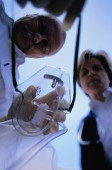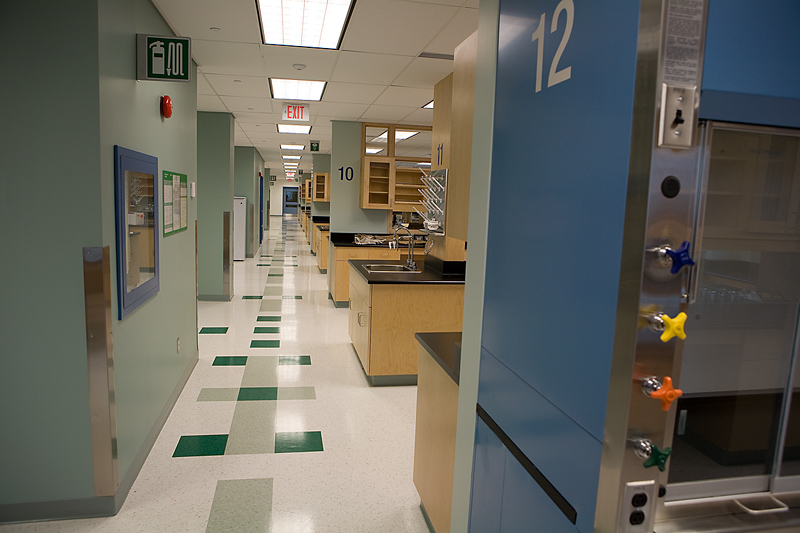
THURSDAY, Oct. 25 (HealthDay News) — General anesthesia drugs really do put patients to sleep, suggests research conducted in mice.
The study found that the drugs don’t just turn wakefulness off, they also switch on important sleep circuits in the brain, according to the findings, which were published online Oct. 25 in the journal Current Biology.
“Despite more than 160 years of continuous use in humans, we still do not understand how anesthetic drugs work to produce the state of general anesthesia,” Dr. Max Kelz, an anesthesiologist at the University of Pennsylvania, said in a journal news release.
“We show that a commonly used inhaled anesthetic drug directly causes sleep-promoting neurons to fire,” Kelz said. “We believe that this result is not simply a coincidence. Rather, our view is that many general anesthetics work to cause unconsciousness in part by recruiting the brain’s natural sleep circuitry, which initiates our nightly journey into unconsciousness.”
Kelz and his colleagues focused on an area of the brain deep within the hypothalamus, which is known to become more active as a person goes to sleep. They found that the anesthesia drug isoflurane boosts activity in this area of the brain in mice. They also found that mice with non-functioning neurons in this area were more resistant to the drug.
“The development of anesthetic drugs has been hailed as one of humankind’s greatest discoveries in the last thousand years,” Kelz said. “Anesthetics are annually given to over 230 million patients worldwide. Yet as a society, and even within the anesthesia community, we seem to have lost our curiosity for how and why they work.”
He noted that there are important differences between natural sleep and the unconscious state caused by general anesthesia. Even the soundest sleeper can be awakened, but anesthetized patients remain unconscious throughout the trauma inflicted on their bodies during surgery.
Although the research with mice was revealing, experts note that animal experiments don’t always produce the same results when applied to human subjects.
More information
The MedlinePlus Medical Encyclopedia has more about general anesthesia.

